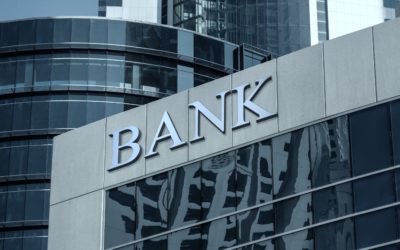08/03/20193 mins
Monthly Commentary – February
Despite the persistence of some familiar threats, global equity markets rose in February. Investors remain concerned about the Sino-US trade tensions, the uncertainties over Brexit, the direction of central bank policy and volatility in corporate earnings. The path of least resistance appeared to be upwards.
There were some regional discrepancies, however. European markets fell early in the month as macroeconomic data failed to match expectations and worries intensified over Brexit and Spain’s political stability, but reassurance from the European Central Bank led to a mid-month recovery. In the UK, the government survived another round of Brexit votes by making material concessions to parliament. Disharmony over Brexit had a notable impact on sterling, which remained volatile. Both European and UK equities finished comfortably ahead by the month end.
In the US, the government managed to avert another shutdown, and the minutes of the Federal Reserve’s latest meeting stressed its ‘patient’ approach to interest rate rises. On the trade negotiations front, signals were mixed. China has offered to increase US agricultural imports while the US is continuing to ask for more structural economic reforms. The US has extended the deadline for imposing further tariffs, noting ‘substantial progress’ in discussions, and is reportedly keen to finalise a trade deal in March. Following his recent visit to China, our manager’s latest thoughts are available on our website. President Trump renewed his threat to impose tariffs on European car imports if he is unable to strike a deal with the EU. His meeting with North Korea’s Kim Jong-un ended without agreement. The president also came under further domestic pressure after his former lawyer’s testimony to Congress. Nevertheless, US shares performed well.
In contrast, Japanese shares weakened on poor export data. Other Asian markets also underperformed, though the weakest region overall was Latin America. Its markets were affected by Venezuelan troubles and a potential dilution to some of the reforms promised in Brazil, which has been one of the strongest markets over the last year.
Sector performance reflected a continued appetite for cyclical risk. Information technology, industrials, energy and financials were among the strongest sectors. Defensives lagged behind with telecoms and healthcare producing the weakest returns. Similarly, the oil price continued to rise while the gold price fell back a little.
In our portfolio, one beneficiary of the market’s more cyclical focus was Royal Bank of Scotland. Once a symbol of banking failure, RBS now appears to be well on its way to rehabilitation. After retreating from international markets and investment banking, it is now focused on personal banking and commercial lending in the UK. The bank announced a higher than anticipated dividend payout in February, after resuming payments last year. This followed last year’s return to profit and the settlement of one of the final major pieces of litigation against it, at a rate well below market expectations. RBS is one of our unloved ‘ugly ducklings’.
Please remember that past performance may not be repeated and is not a guide for future performance. The value of shares and the income from them can go down as well as up as a result of market and currency fluctuations. You may not get back the amount you invest.
Please note that SIT Savings Ltd is not authorised to provide advice to individual investors and nothing in this article should be considered to be or relied upon as constituting investment advice. If you are unsure about the suitability of an investment, you should contact your financial advisor.



